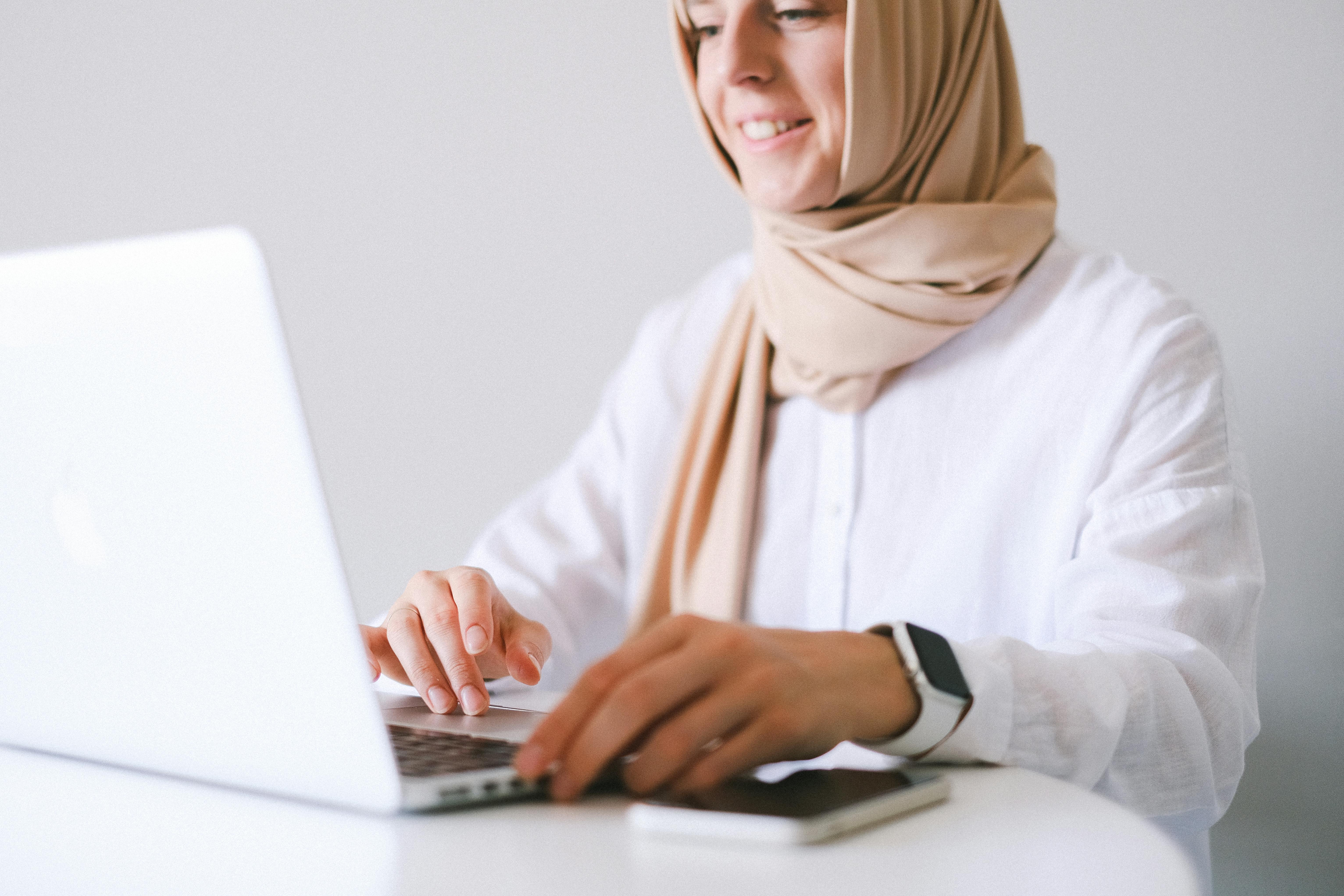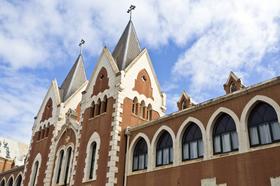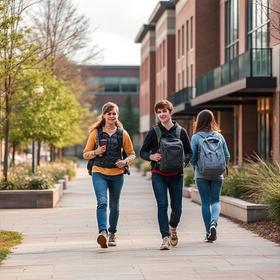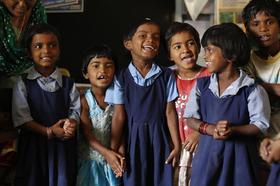Parents' FAQs About Private School
Deciding whether a private school is the right fit for your child comes with plenty of questions. How much does it cost? What benefits do private schools offer? How do financial aid and scholarships work? Parents deserve clear and reliable answers, and that’s exactly what this article provides. Whether you’re new to private education or looking for deeper insights, this FAQ guide will equip you with the knowledge you need.
One of our parental prerogatives is to worry about our children.
- That's because your child never came with an instruction manual.
- As a result, you have had to learn so many things about parenting simply by being a parent.
- No matter, worry is part of the parental landscape.
- If you are considering sending your child off to a private school, your worries will be pretty specific.
- Probably along the lines of the following questions.
Many parents find the concept of sending a child to boarding school upsetting; a child's adolescence is such a distinctively affective period that entrusting it to others seems wrong. Yet boarding schools prosper, successors to institutions dating to medieval times. Source: Forbes.com

Will my child be safe?
Private schools take your child's safety very seriously.
- Contractually a private school functions in loco parentis.
- This is a legal way of stating that the school acts in the place of the parent.
- When it comes to supervision of its students, the school looks after every student includingyour child.
In many respects, your child is safer at school, where she cannot drive or go to somebody's house and get into who-knows-what after school while you are at work.
- Private schools do not permit drugs, drinking, and smoking.
- Zero tolerance is the rule.
Does it prevent teens from pushing the limits and experimenting?
- That's impossible, of course, as any parent knows.
- However, the limits are strictly proscribed.
- Teens learn to respect those limits and rules or face the consequences.
These are good lessons to learn.
Parents want their children to feel safe in every way they can possibly feel safe. This means safe socially and safe emotionally. They want their children to feel known; to feel known as a student, as a person, as a member of a family, as a member of a social group where the teacher knows the social position of that child in the group. Along with these environmental factors, parents are also primarily concerned about the physical Safety of the school above all else. Source: Gulfstreamschool.org
Here is an overview of Westchester Country Day School, High Point, North Carolina.
Will she have time to herself?
Yes. Of course. Part of the structured life in a private school is downtime.
- Everybody needs it. Time to sit and watch a movie. Time to throw a ball around. Or just read for fun.
- The only difference is that she will be under the watchful eye of adults.
Some students are naturally more outgoing than others. For those would are shy and introverted, making new friends can be quite tricky. New friendships must be made quickly as it helps to overcome homesickness and makes the students more comfortable in their new surroundings. There will be opportunities to make friends during school time, in dorms as well as during the extracurricular activities that are arranged. Source: Harrow International School Hong Kong.
Will she be able to keep up with the academics?
The academic programs at most college preparatory private schools are intense.
- But that's why your daughter got admitted.
- The admissions staff are confident that she can do the work, or they wouldn't have offered her a place.
Moreover, the school knows that it has just three years, actually really only two years, to get her ready for tertiary-level academic work.
- The academic work is rigorous.
- But what really stretches your child is so much academic work.
- She won't read just one Shakespeare play like she probably would in a public high school.
- Instead, she will probably read three Shakespeare plays over a year.
- That's a lot of material to get through, absorb, and digest.
Academics in a private school don't just skim the surface.
- Nor do they teach to a test. Instead, the overarching theme will be teaching your daughter to think critically by exposing her to a wide range of ideas and points of view.
- Stretching your child, stimulating her, and expecting greatness are the hallmarks of any decent private school's academic program.
This video offers an overview of Benedictine High School, Cleveland, Ohio.
Will she get into the right college?
Private schools have a pretty good idea of where their graduates can matriculate.
- Their college counselors will encourage your child to apply to colleges that are a good fit for her requirements.
- One of the colleges which they suggest will probably be a reach for your daughter.
- But the other two or three will be doable.
- So she'll stand an excellent chance of getting in.
The College Counseling program at Sidwell Friends offers students access to a wide array of resources to help them identify colleges that best fit their unique talents and interests so they may “let their lives speak.” With our college counselors as their guides, students take ownership of the college admissions process and embrace it as a journey of self-discovery. Source: Sidwell Friends
Conclusion
Navigating the world of private education doesn’t have to be intimidating. By understanding tuition, admissions, and the long-term benefits of private schooling, parents can make well-informed decisions that set their children up for success. We parents will always worry about our children. That's part of our job. But when it comes to sending your child off to a private school, ease up. Relax. These schools know what they are doing. And they do it exceptionally well.
What’s one thing you wish you knew before enrolling your child? Share your thoughts or ask your questions in the comments—I’d love to hear from you!
Contact us on Facebook and Instagram. @privateschoolreview
#PrivateSchoolGuide #EducationFAQs #ParentInsights #ChoosingEducation #SchoolSuccess















